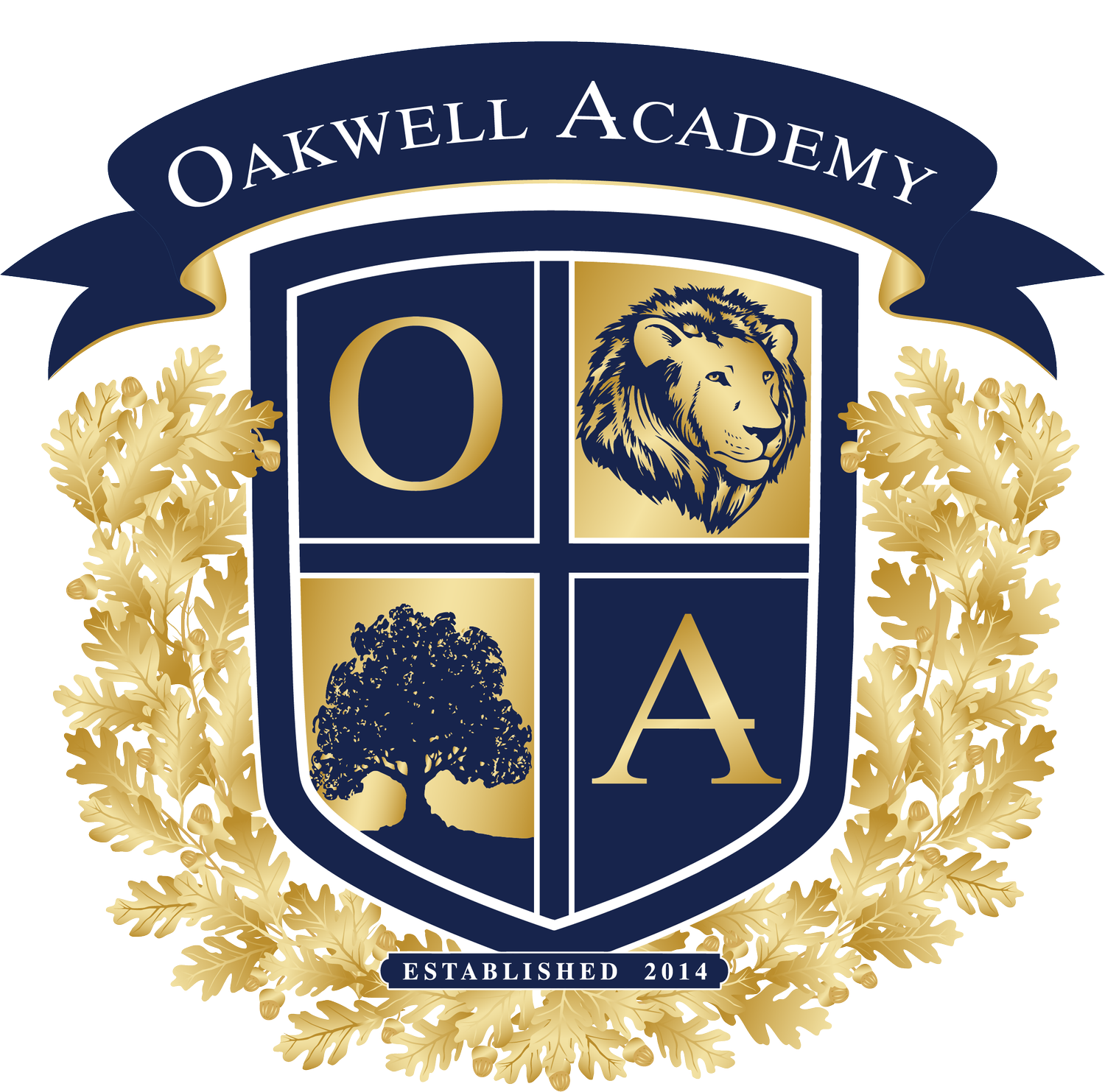
School of Logic
Our Logic School includes 5th-8th Grade.
In 5th-8th grade, students are on campus 3 days per week (Mon/Wed/Thur) from 8:00 am - 3:30 pm and complete the assignments given by their teachers at home on Tuesdays and Fridays.
Logic students will begin to connect the foundational facts and skills learned in the grammar stage and to discover relationships between them. As students move beyond the basic skills of reading, writing, math, history, and science, they have have a framework to allow them to think critically and look for patterns and relationships in the areas of study. In addition, both classical education and the UMS approach emphasize the development of wisdom and virtuous character.
Curriculum
Language Arts
In the logic stage, students are reading fluently and independently, and will begin to write to communicate beyond summarizing information into compositions that focus on motives, causes, and debated facts. The study of grammar will continue, but they will study the relationship between parts of a sentence. Reading will evolve to a critical exercise in evaluating character and plot development.
In literature study, students will do regular book studies of classic literature where they will apply the Socratic Method for Literacy Education. Students will identify the context, structure and style; and complete graphic organizers to diagram the plot, conflict, setting, characters and theme. Through questioning, students will move from comprehension level to deeper thinking and analysis of literary works.
For grammar, students will apply grammar rules to writing so they will internalize the tools necessary for editing their own compositions. They will learn to think about their writing and incrementally learn how to apply grammar rules to written work.
Writing will incorporate lessons that correlate with the time period studied in history. Students will develop key word outlines of historical articles and then move to writing from their key word outlines to incorporate skills such as vocabulary, summarizing, writing from pictures, narrative stories, creative writing, critiques, formal essays, and research reports.
Spelling will continue to be taught with the multi-sensory approach and expectations for incorporating correct spelling and grammar in writing will increase during the logic stage.
Mathematics
Logic stage students have mastered basic facts and arithmetic principles and are ready to study the different relationships between real and theoretical numbers. We have chosen an incremental math curriculum where concepts are introduced and incorporated into mixed practice that students encounter every day. Through repeated exposure over time to a developing concept, students gain understanding and mastery. This approach of spiral learning offers cumulative review of topics to encourage strong mastery of all concepts to provide a foundation for math courses in the School of Rhetoric.
History
The study of History at Oakwell Academy is following a four-year simultaneous rotation through which all grade levels are learning about the same historical area, but in a manner that corresponds to his age and stage of development. We will cycle through Ancient Times, Medieval-early Renaissance, Late Renaissance-Early Modern and Modern through the Grammar and School of Logic years. This unique experience allows teachers, students and parents to collaborate and have shared experiences of studying the same period of history, while differentiating expectations for mature students through projects, journaling, and activities.
In the logic and rhetoric stages, the student repeats the four-year cycle of the grammar years but now begins seeking to find connections between events by using tools like timelines, outlines and original sources to examine the motives of leaders, relationships between cultures and the application of morals to human action. Art and music are coordinated with history so that the student learns about social and cultural developments and how they affect works of art.
History will build on the foundational pegs of important dates, events, and people to look more deeply at the motives of leaders, the relationship between events, and the justification of historical actions. History content will also be covered in depth in Writing through History Based Writing Lessons.
Science
The School of Logic Student will dig below the surface of the discoveries made in the earlier grades. As the School of Logic student progresses through the four-year cycle of biology, astronomy, chemistry and physics again, he begins to think more critically about doing science and begins to practice the scientific method himself through experimentation. He makes connections among the branches of science, between science and history, between the scientific method and the rules of logic.
Once in the upper grades, the rhetoric student will once again pass through a similar four-year cycle as he studies the principles and laws of each science. Following this plan, he will finish high school with a firm grasp of foundational scientific ideas.
Latin
Students will continue learning the grammar of Latin by concentrating on vocabulary and grammatical forms through study, memorization and drill. They will learn to diagram sentences in Latin and English as well as incorporate Latin phrases and famous sayings.
